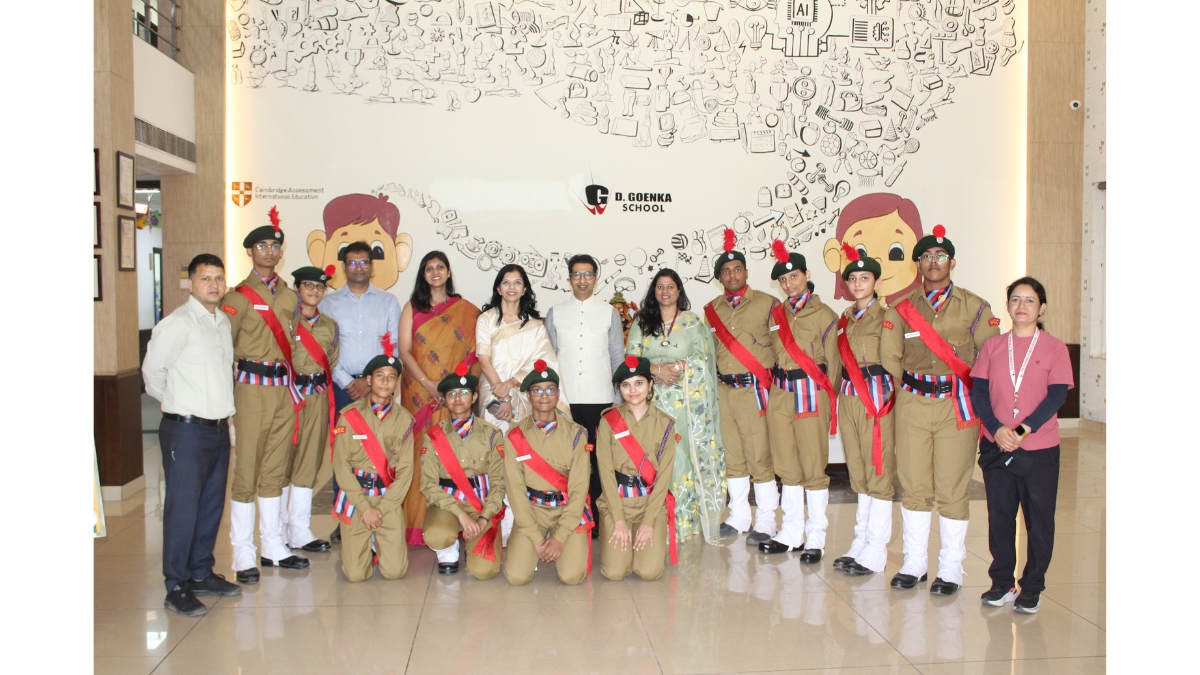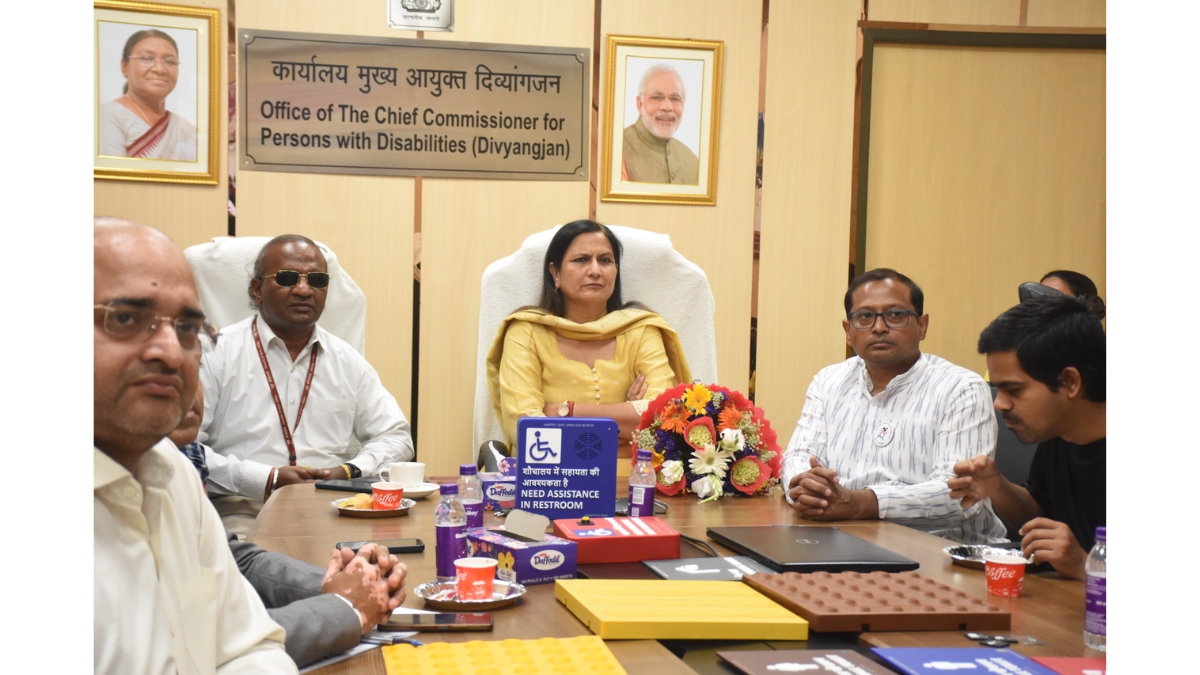Safeguarding Water Resources: How Corporates Are Leading the Charge

Water, the elixir of life, is a resource that sustains not only human existence but also the delicate balance of ecosystems. In recent times, the pressing need for water conservation and sustainability has become increasingly evident, prompting corporates to step up and take meaningful action. From large FMCG companies to innovative startups, a diverse range of entities are championing water stewardship initiatives to safeguard this precious resource for future generations.
PepsiCo India, a stalwart in the FMCG sector, has made significant strides in water sustainability as part of its overarching vision, PepsiCo Positive. Yashika Singh, Head of Corporate Affairs Communication and Sustainability, PepsiCo India, highlights their commitment to replenishing water sources and empowering communities. Through programs like Sustainable Water Resource Development and Management (SWRDM) and Safe Water Access initiatives, PepsiCo India has positively impacted lives across regions like Punjab, Maharashtra, West Bengal, and Uttar Pradesh. The company’s goal to become net water positive by 2030 underscores its unwavering dedication to environmental stewardship.
The SWRDM program, developed in collaboration with Alternative Development Initiatives (ADI), focuses on groundwater recharge through geo-hydrological considerations. This initiative has yielded tangible results, positively impacting thousands of individuals and creating potential for millions of liters of groundwater recharge. Additionally, PepsiCo Foundation’s Safe Water Access Program aims to provide safe water access to over 100 million people worldwide by 2030, with significant progress already made in India. Collaborations with organizations like Water Aid and FORCE Trust have led to impactful projects benefiting communities across Maharashtra, West Bengal, and Uttar Pradesh.
Innovative projects like the ‘Fryer Vapour to Water’ initiative further showcase PepsiCo India’s commitment to water conservation. By capturing and condensing steam released during potato chip frying, this project aims to recover over 50% of water used in manufacturing plants, contributing to significant water savings in West Bengal and Uttar Pradesh.
Similarly, Akasa Air, India’s greenest airline, has prioritized water conservation in its operations. By eliminating ceremonial water canon salutes at flight inaugurations, the airline has saved approximately 3,36,000 liters of water to date. This commitment to sustainability reflects Akasa Air’s dedication to minimizing its environmental footprint and offering passengers a sustainable travel experience.
Akshayakalpa Organic and Tata Consumer Soulfull are also making noteworthy contributions to water conservation. Akshayakalpa Organic employs a comprehensive approach to water management, including rainwater harvesting, farm ponds, and drip irrigation, to optimize water usage in agriculture.
Shashi Kumar, Co-founder and CEO, Akshayakalpa Organic, says, “At Akshayakalpa Organic, our commitment to conservation and water management is paramount. We employ a comprehensive approach, starting with the construction of trenches and bunds to capture and retain rainwater. These features help prevent soil erosion and maximize water absorption. Additionally, our five man-made farm ponds, with a collective capacity of 25 lakh liters, serve as crucial reservoirs for storing excess rainwater and contribute significantly to groundwater recharge.”
Kumar adds, “We also advocate against monoculture, especially in crops like arecanut and sugarcane, and have introduced aerobic and System of Rice Intensification (SRI) methods in paddy cultivation. Our techniques incorporating biochar, slurry, and aerobic compost in soil management, and integrating dairy farming to balance the water cycle all contribute to reducing virtual water usage.”
Tata Soulfull’s embrace of millets, known for their minimal water requirements, reflects their commitment to sustainable agriculture and environmental preservation.
Prashant Parameswaran, MD & CEO, Tata Consumer Soulfull, believes in nurturing both people and the planet. “By embracing millets, a crop known for its minimal water requirements, we’re actively conserving water while crafting nutritious products. As inherently low-water crops, millets contribute to sustainable agriculture practices. Our commitment to promoting millets isn’t just about creating healthier choices for consumers; it’s about positively impacting our planet. With each bite of our products, you’re not just savouring wholesome goodness; you’re partaking in a movement toward a greener, more sustainable future. Together, let’s toast to the power of millets – a small grain with a big impact on our planet’s water footprint.”
In conclusion, the concerted efforts of corporates across various sectors underscore the critical importance of water conservation and sustainability. By implementing innovative solutions, forging strategic partnerships, and fostering a culture of environmental responsibility, these entities are leading the charge towards a more water-secure future. As we celebrate their achievements, let us also recognize the collective responsibility we share in safeguarding our planet’s most precious resource—water.

Atul Tiwari is a seasoned journalist at Mumbai Times, specializing in city news, culture, and human-interest stories. With a knack for uncovering compelling narratives, Atul brings Mumbai’s vibrant spirit to life through his writing.





